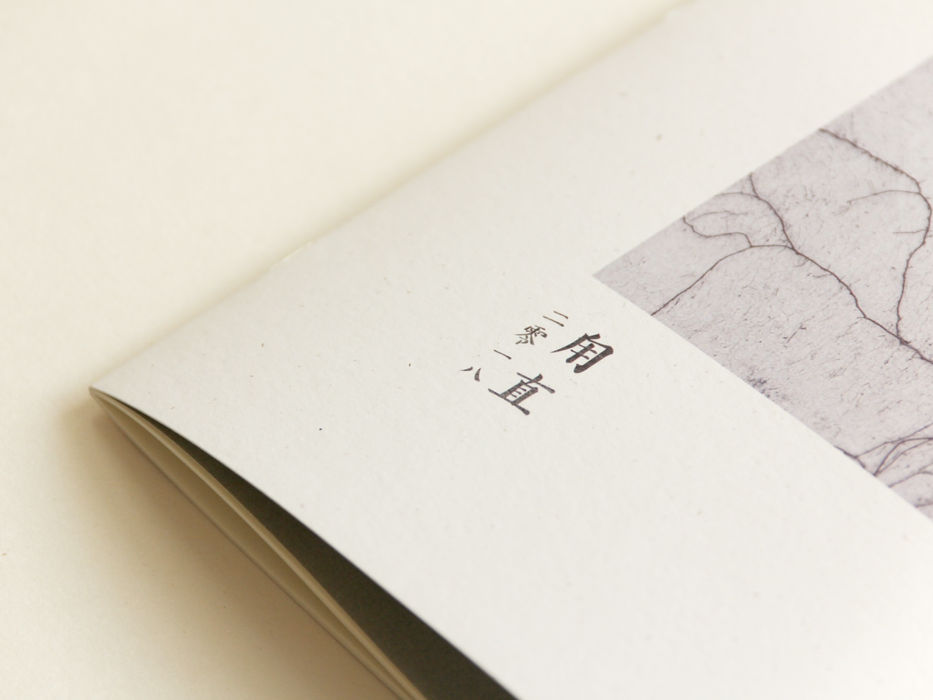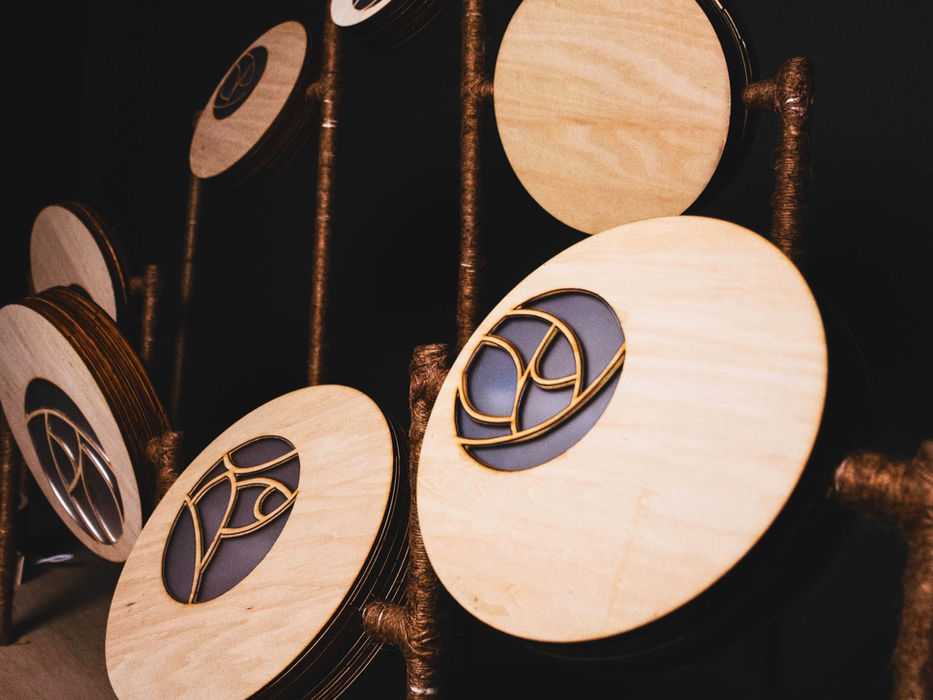
TU B'AV x QIXI
Chinese and Hebrew typography of love
Love takes shape through typography. In this workshop, Chinese and Hebrew lettering intertwine, exploring how typography expresses emotion and cultural identity. Through structure, rhythm, and form, typography becomes a visual language of love, bridging traditions and breaking language barriers through design.
Collborated with AS WE DESIGN
Special thanks to Ilan Potash, Amir Kreichman, Sivan Matiavich, Roni Meltzer, Shahar Erenfeld
2019

Tu B'Av (ו"ט באב) is the Jewish day of love and Qixi (七夕) is the traditional Chinese Valentine's day. During my internship in AS WE DESIGN in Tel Aviv, I organized a typography workshop exploring lettering combined with Chinese and Hebrew languages expressing the meaning of love in Israeli and Chinese culture.

The Yad Yitzhak Ben Zvi Archive, part of the National Library of Israel Digital Collection
.png)
Chinese folk fairy tale about Qixi
TU B'AV & QIXI
Tu B'Av (Hebrew: ט״ו באב) is a minor Jewish holiday. In modern-day Israel, it is celebrated as a holiday of love (חג האהבה).
The Qixi Festival(七夕节) also known as the Chinese Valentine's day, is a Chinese festival celebrating the annual meeting of the cowherd and weaver girl in mythology. The tale of The Cowherd and the Weaver Girl has been celebrated in the Qixi Festival since the Han dynasty. The earliest-known reference to this famous myth dates back to over 2600 years ago.
Coincidentally, both Tu B'av and Qixi are in August.
Love encompasses a range of strong and positive emotional and mental states, from the most sublime virtue or good habit, the deepest interpersonal affection, to the simplest pleasure. The word "love" can have a variety of related but distinct meanings in different cultural contexts.
The Word "LOVE" in Hebrew and Chinese
In Hebrew, Love is אהבה (ahava), which is made up of three basic Hebrew letters: א(aleph), ה (hey), and ב (vet).
In Chinese, love is 爱 (ài), an ideogrammic compound made up of "爫" (hand), "冖" (cover), "心" (heart), and "友" (friend). Together, they form an ideogram that speaks to the idea of uncovering or opening the heart, revealing true emotions and fostering true connection.


(Proverbs about love in Simplified Chinese, Pinyin, Xiaozhuan, English and Hebrew)
The Workshop
Collaborated with Israeli designers Ilan Potash and Amir Kreichman, we researched the expression of love in literature and tradition in Chinese and Israeli cultural contexts. The workshop aims to explore the combination of Chinese and Hebrew typography design.


Our Design
Cheers! As We dare to LOVE!



























